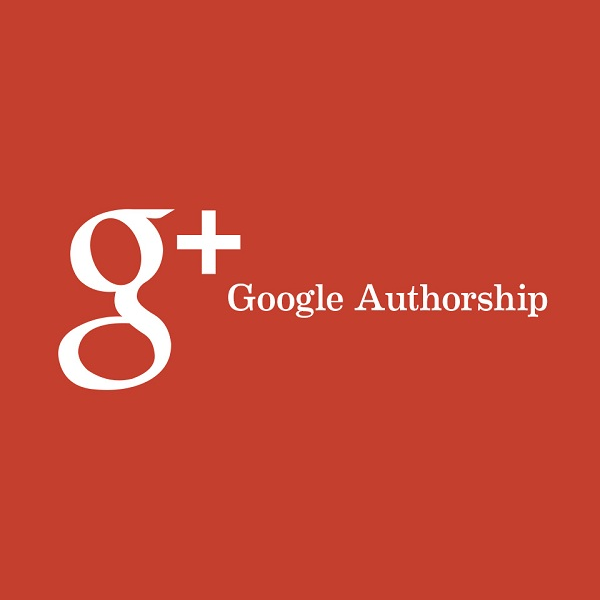Another day, another Google algorithm change to discuss. The most recent update affecting SEOs and inbound marketers involves Google Authorship. It’s not a seismic change like Hummingbird, but it is significant.
Those who follow the news of search closely may have seen this coming. Back in October during PubCon, Matt Cutts stated that a 10-15% reduction in Google Authorship improved search quality. Then, on December 19, 2013 he announced the start of the rollout. As predicted, Moz.com reports that there has, in fact, been about a 15% drop in Google Authorship since then.
So what does all of this mean for the average business website?
Google Authorship: A Quick Review
Just in case you aren’t familiar with Google Authorship, let’s have a quick review.
You may have noticed that when Google returns search results, you sometimes see tiny pictures of the author next to the title of their article. These images, and a bit more info (such as how many people have them in G+ Circles) are pulled in from Google Plus verified accounts.
This extra photo and information helped authors’ posts stand out in search results and capture more traffic by giving them a little more credibility and trustworthiness.
What’s Happening Now?
So, just as Mr. Cutts said, Google has been reducing authorship over the last several weeks. Over at Moz, they put together a SERP Feature Graph that shows the change did seem to happen in the middle of December and has been rolling along since then. (In order to see the Authorship graph, just click the check box next to “Authorship.”)
What Does This Mean?
Most SEOs are still sort of fumbling around in the dark trying to figure out just what Google wants to see in a site and an author before it will show Google Authorship. Most agree that the determination isn’t made by the quality or authority of the author, but rather the quality and authority of the website. Some author profiles show up for one website, but the same person’s profile is hidden for another.
So if you lost Google Authorship, does it mean that Google thinks your site stinks? While the loss could mean a blow to your ego, it doesn’t mean your site is being penalized. Google just dialed back its authorship results a bit. Rather than passing them out willy-nilly, they’ve decided to set some criteria (though that criteria may be unfair and a bit disjointed).
Odds are, sites that lost authorship are missing one or more pillars of authority. If you’re among the lost faces, it might be time to do an SEO audit. Check your link profile. Analyze your social signals. Is your content rich? Where can you improve?
So What Should You Do?
For starters, you should probably not abandon Google Authorship. Leave your tags in place. Next, be honest about your website’s authority and make improvements where necessary.
Start paying attention to your personal search results. Take note of who is showing up. Which sites have Google Authorship? What are they writing about? What tactics do they use on social media to get found? How can you emulate some of those qualities on your own site?
You’ll also want to take stock of your Google Plus profile. There is some evidence that users with full and active profiles have a better chance of maintaining authorship. It isn’t quite clear if this relationship is causational, but there does appear to be a relationship there. So make sure your entire profile is filled in and that you’re at least moderately active on Google Plus.
And finally, you’ll want to let go of any hang-ups you have about Google Authorship. If you’ve lost yours, you can stew over the blow to your ego for a few days, but then it’s time to move on. The feature is nice, but it will not make or break your SEO or your traffic. Google Plus is less than 3 years old, and Google is still trying to figure out how to make it work, so even if you crack the latest Google Authorship code, there could be another update in a few months that shatters your progress. So instead, focus, as you always have, on building a quality site that addresses the needs of your customer base and work on improving your authority. But don’t get caught up too much in this latest update.
What do you think about the latest change to Google Authorship? Were you affected? Do you think this change is unfair to small or new websites? Do you think it even matters in the grand scheme of things? Let us know in the comments.

